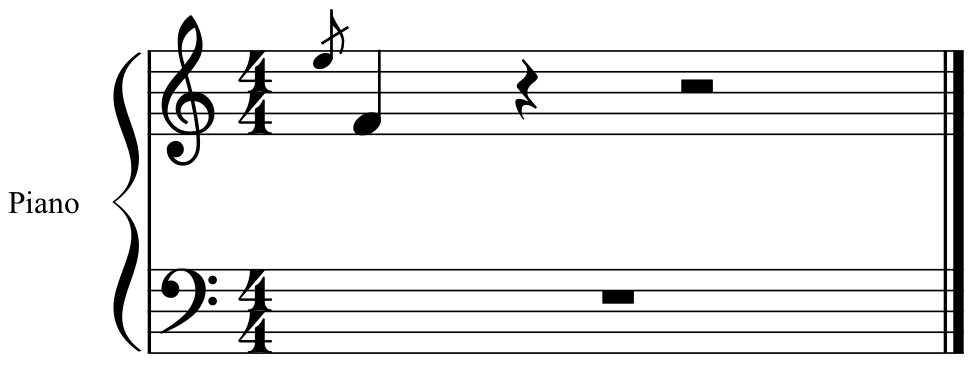
Slashdot again, this time on the curious recent sale of the audio metadata firm Gracenote. Also crossposted to the discussion site.
The merger is an unusual one: Gracenote owns a massive library of media metadata, and the Tribune Company is best known as the publisher of print newspapers and tabloids, most notably its flagship paper in Chicago. Five years ago, Tribune Company filed for bankruptcy as advertising revenues declined, the result of the global recession; at the time, Gracenote had just been acquired by Sony for almost $100 million more than its most recent price.
more



